The Qualities of Godly Elders - 1 Timothy 3:1-7
As many of you know, our church is moving towards establishing our own church leadership. Lord willing over the next several months we’ll be nominating, training, and electing men for either the office of elder or deacon.
It’s always important to know what to look for in church leaders, because this will be the first time we go through this process as a church it will not be the last.

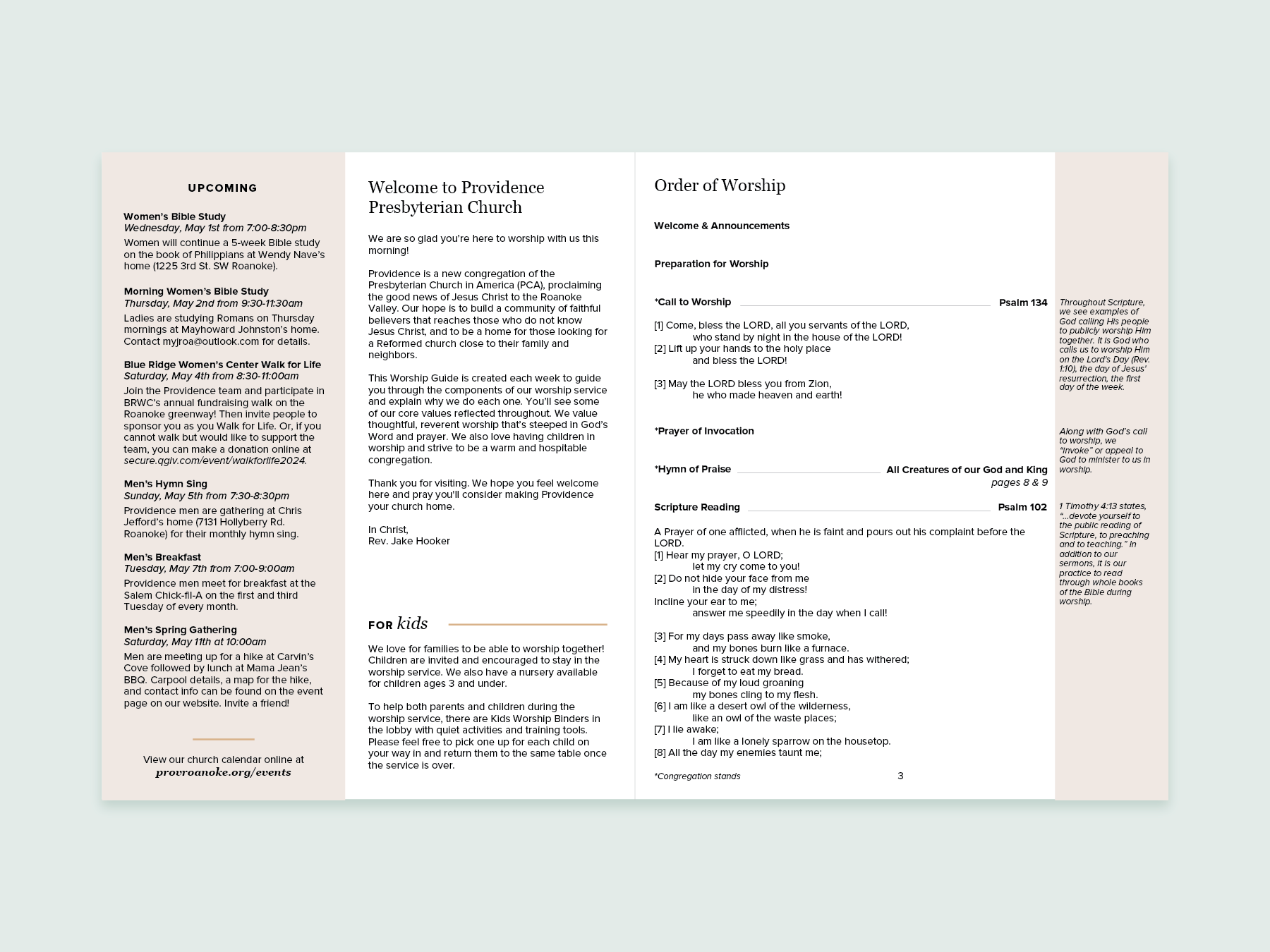


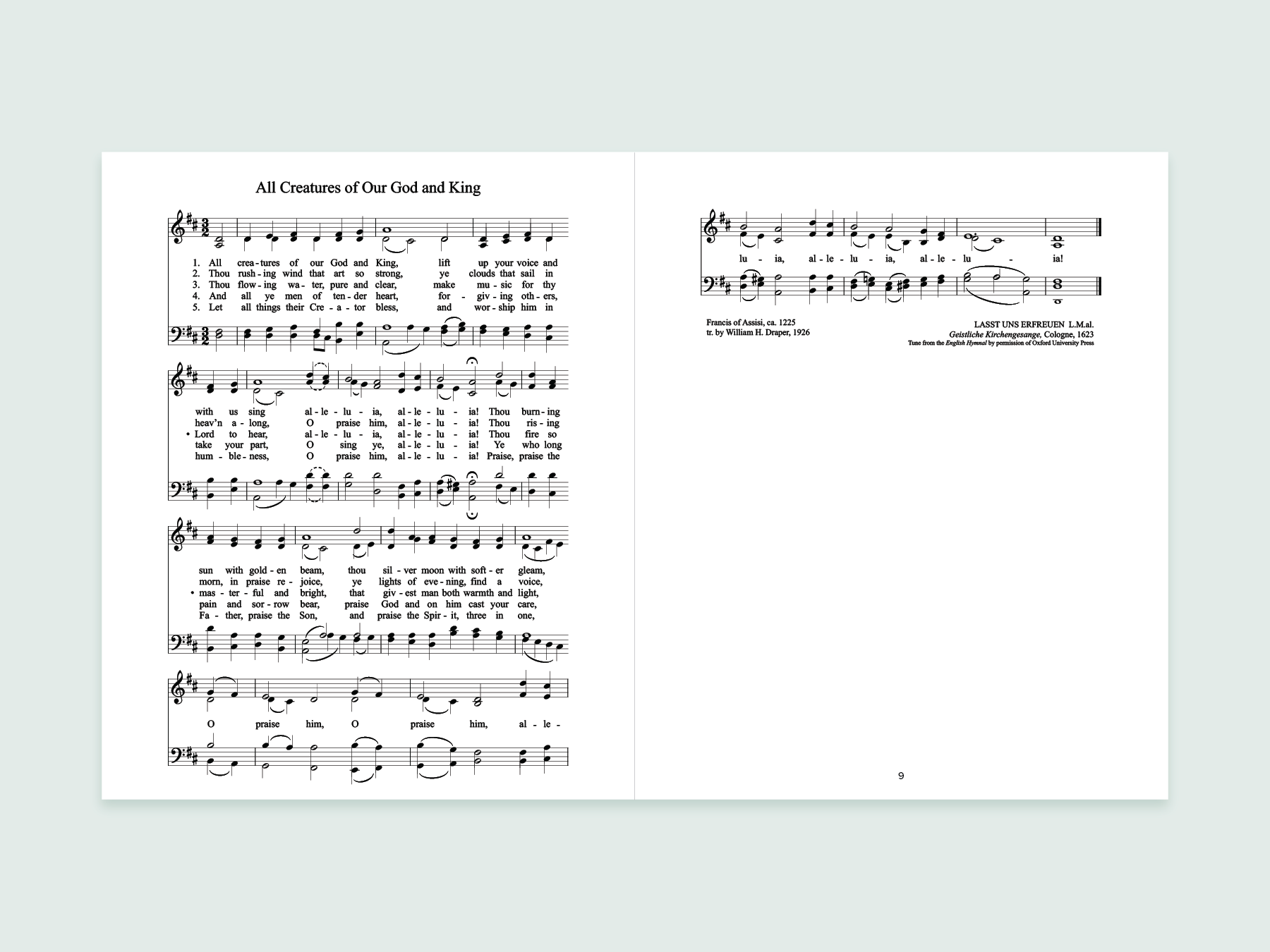
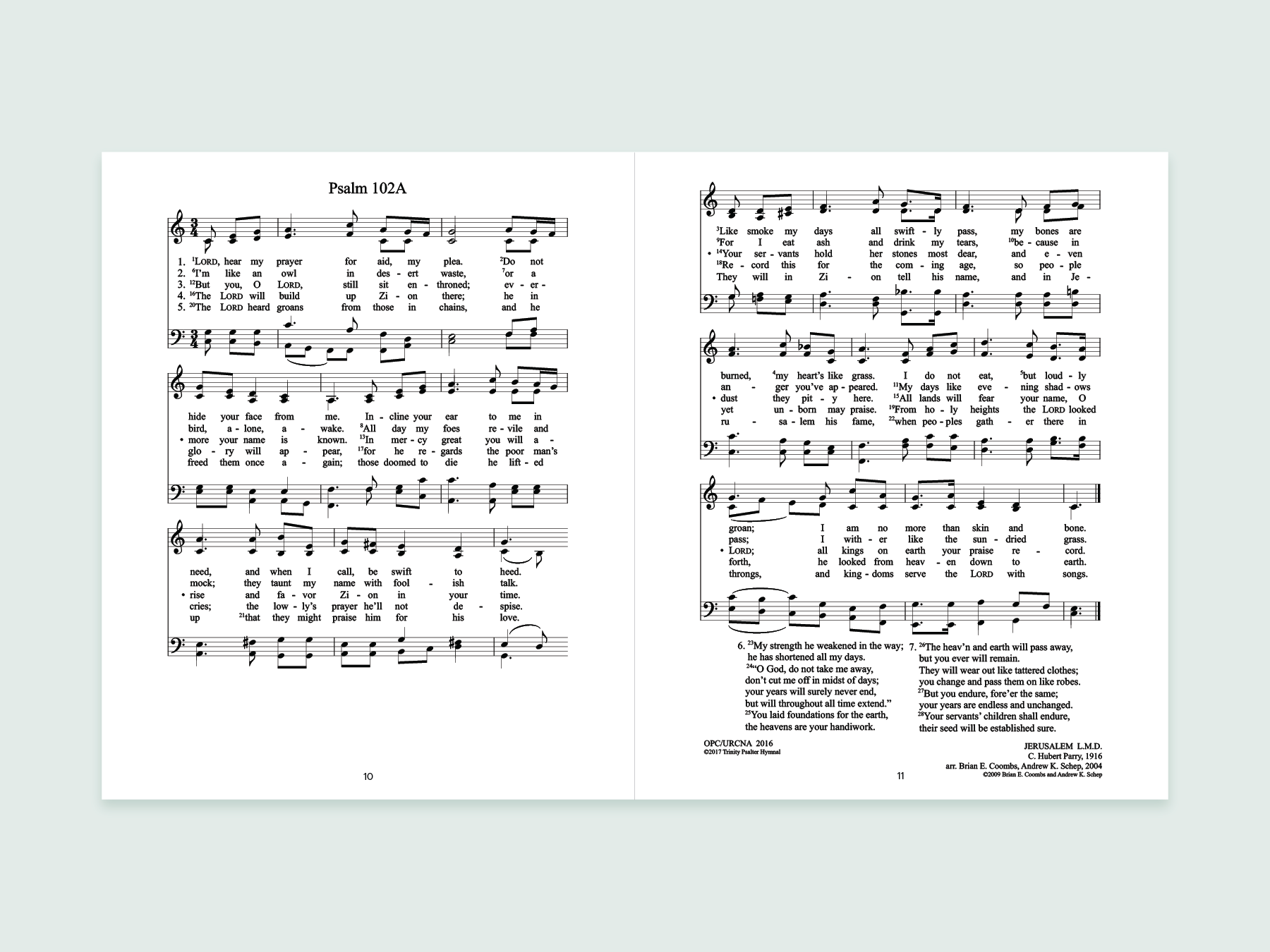
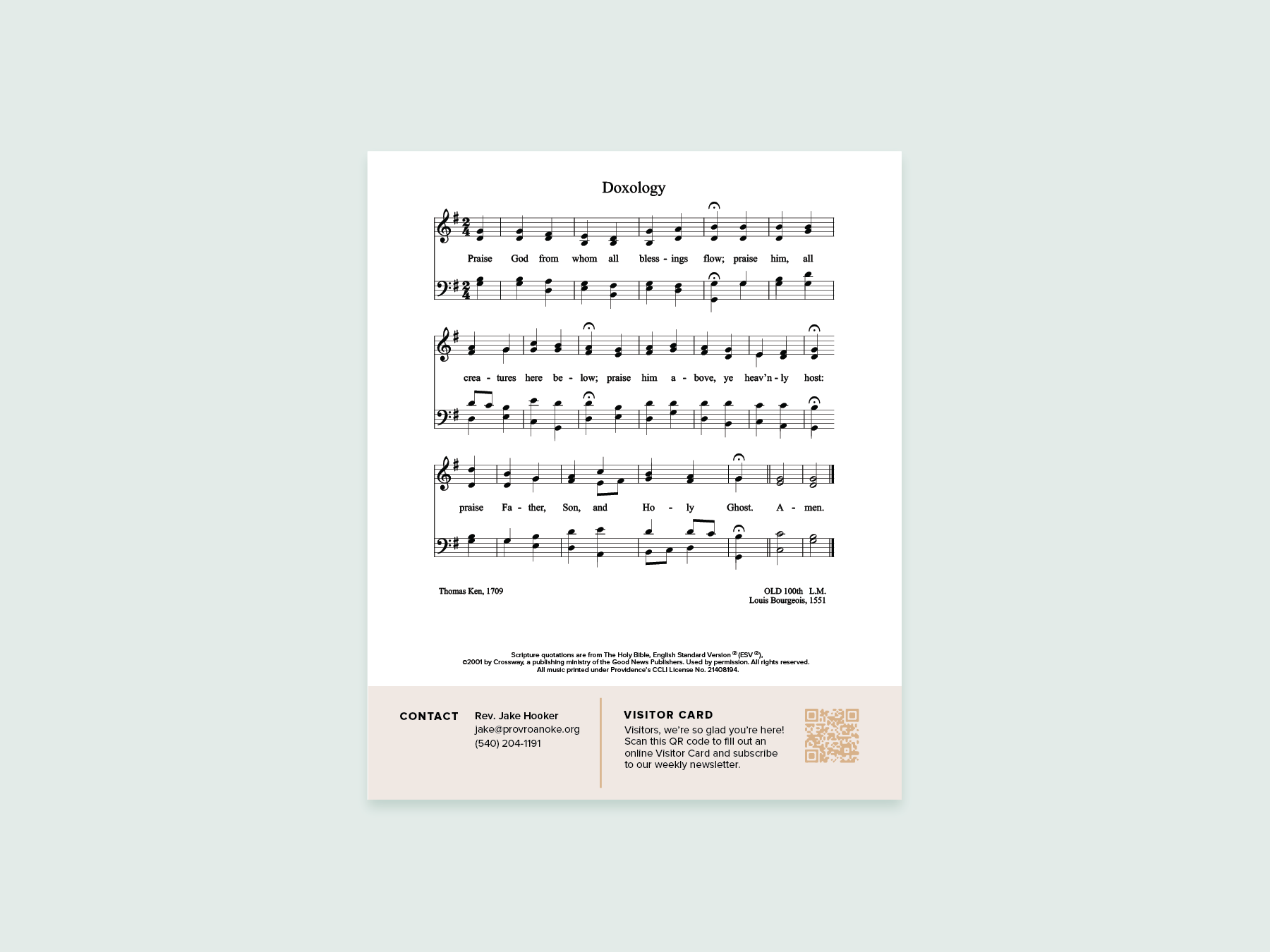
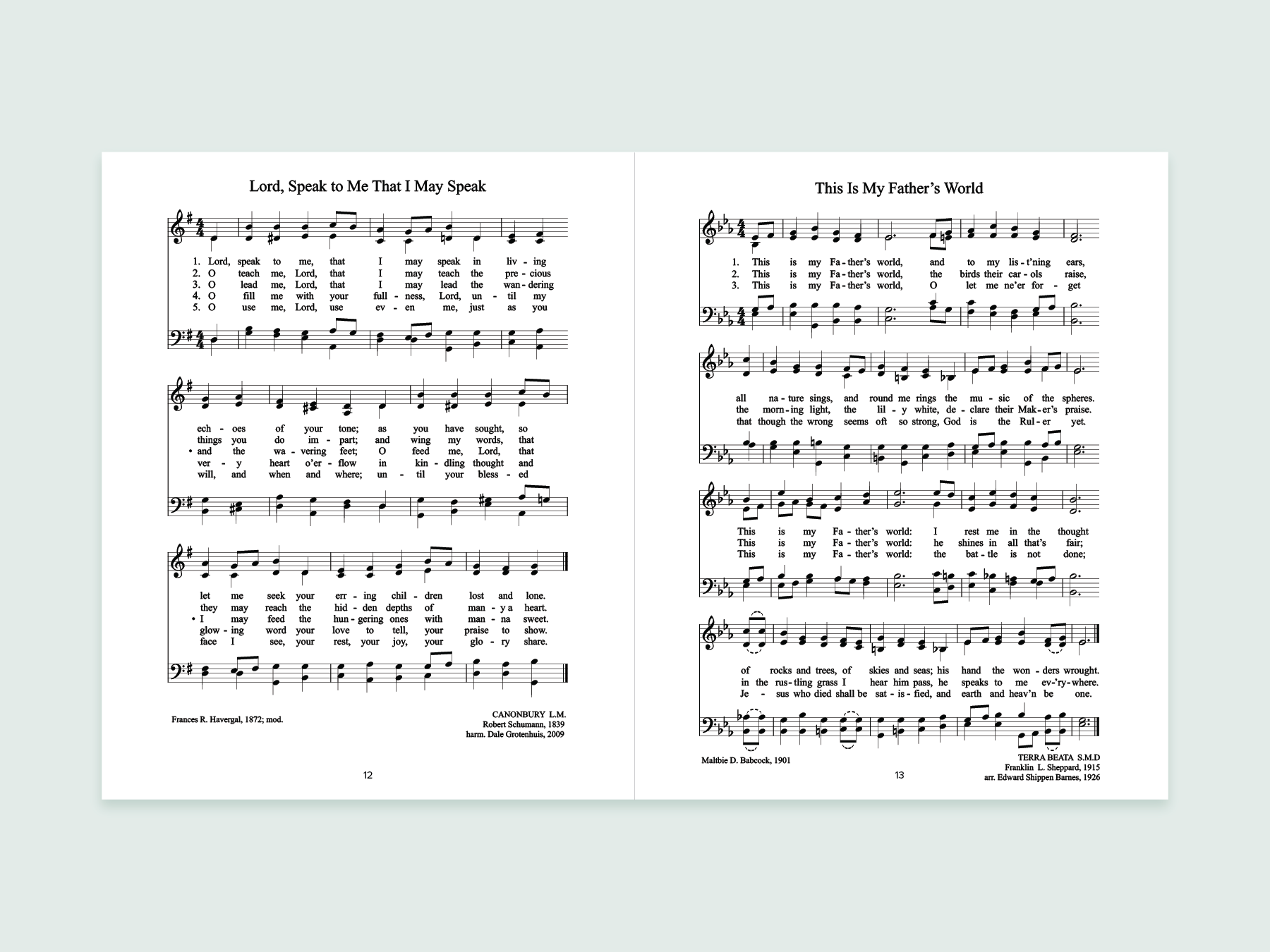

Church leadership seems to have become a point of major interest within broader evangelicalism over the last two years or so. The most well-known example of this renewed interest in church leadership was the podcast called The Rise and Fall of Mars Hill. The podcast centered entirely on the failed church leadership at Mars Hill Church in Seattle, Washington.
Of course, that’s a rather famous example of failed church leadership, but many of you have personal stories of failed church leadership as well. Many of you have had brushes with toxic leadership and know firsthand the pain, hurt, and turmoil it can cause.
But in the midst of this search for quality church leaders one of the sad realities is it’s often easier to cite bad examples than good ones. I’m here to tell you this morning there are good men who faithfully lead Christ’s church. But if someone was to press you on what a good church leader looked like, what would you say? Where would you point them?
Hopefully, you’d flip to the passage we just read!
I’m sure this is obvious, but it’s still worth saying that the church desperately needs good godly men to lead Christ’s church. Selecting men to step into these roles isn’t a flippant task; the very livelihood of our church depends on it.
We need men who will faithfully shepherd, care for, and tend our flock.
Because in order for Providence to reach its full potential for Christ’s kingdom we need godly men to lead us. It’s what our church needs, but it’s what every church needs isn’t it?
And of course, this isn’t a new issue. In fact, it’s been an issue within the life of the church from the very beginning! It’s why Paul outlines for Timothy the qualifications for elders.
What’s an Overseer?
That’s what 1 Timothy 3:1-7 is all about: qualifications for elders. That’s what this whole sermon is going to be about: qualifications for elders. But perhaps you noticed that Paul didn’t use the word “elder” in this passage: he refers to “overseers.”
The original Greek word that Paul uses in verse one is “episkopē,” which is where we get the word, “Episcopal,” and is often translated as “overseer” or “bishop.”
Now in Titus 1 for example, Paul used a different Greek word, “presbuteros” which is where we get the word “Presbyterian.” But even more specifically, “presbuteros” is where we get the word “elder.”
You may think that because Paul uses two different words, that he’s referring to two different offices, however, that would be inaccurate. Both “overseer” and “elder” refer to the same office, and if you want proof look at Titus 1:5-7. Paul uses the words “elders” and “overseers” interchangeably in that particular text.
For whatever reason, the Presbyterian Church almost exclusively uses the term “elder,” I guess we could start referring to the office of “overseer” but that’s just not the way we do things around here.
So when I refer to an elders throughout this sermon, know that I’m not ignoring the text. Elders and overseers are two words that refer to the same office which is responsible for the spiritual care of a congregation.
God calls elders to encourage, protect, and lead his church. Isn’t it interesting that after Paul spends chapter 1 warning against false teachers, he then reflects upon his own calling, to then switch gears and gives Timothy instructions for men and women’s conduct in worship along with the structure of the church.
And I think it’s important to consider the fact that Paul instructed Timothy with regard to the conduct in the church and leadership of the church after discussing false teachers because Paul understood those things as protecting the truth!
The gospel, proper worship, and godly elders are all components for preserving, protecting, and defending the church.
And if elders are responsible for protecting the truth, and shepherding God’s people then it’s absolutely critical that we know what to look for in a potential elder!
The church rises or falls because of its leadership.
And Paul gives us six main qualities to look for in men who are called to be elders: first, they have to have a desire to lead, second, they must be men of integrity or character, third, they must be capable, fourth, they must lead their families well, fifth, they must be mature, and lastly, they must have good reputations.
Desire to Lead (1 Timothy 3:1)
But let’s look at these qualifications together.
Paul says in verse 1: “If anyone aspires to the office of overseer, he desires a noble task.”
So step one to being an overseer or elder is that you want to be an elder. A desire to lead is an important qualification isn’t it? Obviously, this is an important qualification to be an elder, but it’s not the only qualification to be an elder. Just because you want to be an elder doesn’t automatically mean you should be an elder. Sometimes men who want to be elders have disqualifying hidden sins or other reasons they shouldn’t be an elder.
I know men who aspire to the office, but turned down the nomination because they’re lives were so crazy they didn’t feel like they had the bandwidth to offer the church.
Which is why, if you’re a member here at Providence, and you’re looking around at men who appear to be qualified elder candidates, it’s probably a good idea to at least ask them if they’re interested in serving as an elder. Because you want to know if he’s interested in the office!
Because if a man doesn’t want to serve as an elder regardless of his walk with the Lord, personal character, or capabilities, if he isn’t interested then that shuts everything down right there doesn’t it?
But of course, Paul says that aspiring to the office of elder is a good thing! Why? Because a man who wants to be an elder is a man who wants to be worthy of the calling! In fact, every man here should desire to be a man worthy of the calling, because that simply means you want to be a man of God.
That should include every man in this room. If you profess faith in Christ, you should earnestly seek to be a man of God!
But there’s an even more important component to what Paul says there in verse 1. It’s a good thing to desire the office, but Paul says if a man aspires to the office of overseer, he desires a noble task. It can literally be translated as he desires a “good work.”
This is a critical detail, because it’s not good enough to simply desire the title. In some churches it seems that’s all an elder is: a man in the church with a special title. The patriarch of the church is bestowed with the glorious title of “elder.”
But Paul is saying something very important about men who aspire to the office - they shouldn’t just desire the office, but more importantly they should desire the work.
Because being an elder isn’t showing up to a boardroom meeting for an hour sharing your opinions and then leaving the pastor to carry out all your suggestions. No, there’s real work involved. Elders should be praying, connecting, encouraging, discipling, serving, leading, and the list goes on.
Trust me when I say, there's plenty of work to be done. You might be thinking, Jake, we barely fill up the American Legion, how much work can there really be? Way more than you realize.
If you don’t believe me, just ask the men who are serving our church as temporary elders - they’ll tell you. And please don’t take that to mean we have an abnormally high number of issues to deal with within the life of our church, I don’t believe that’s true at all. I actually think that what we have going on in the life of our church is very normal. Jesus said this was true of ministry in general, when he said the harvest is plentiful, but the laborers are few.
Good elders not only aspire to the office, but they desire the work too.
Personal Integrity (1 Timothy 3:2-3)
All about personal character or integrity
Perhaps you already picked up on this, but the majority of Paul’s list of qualifications center upon a man’s personal integrity and character. Which is very informative isn’t it? Because if that’s the thing that Paul spends the most time on then clearly it’s important to him.
Look at verses 2-3.
“Therefore an overseer must be above reproach, the husband of one wife, sober-minded, self-controlled, respectable, hospitable, able to teach, 3 not a drunkard, not violent but gentle, not quarrelsome, not a lover of money.”
Would those be the main qualifications you write for an elder?
Or would your qualifications be something more like this: owns and operates a wildly successful business, holds a prominent position in the community, and has read Calvin’s Institutes a minimum of three times.
Obviously, I’m being sarcastic, but far too often those really are what churches look for in elders. Because far too often we assume worldly success will translate seamlessly into the church. But Paul doesn’t think that way!
For Paul what the man has done isn’t as important as who the man is.
Look again at Paul’s list in verses 2-3: is he above reproach? The husband of one wife? Is he sober-minded, self-controlled, and respectable? Hospitable? Not a drunkard? Not violent but gentle? Is he quarrelsome or a lover of money?
Every one of those are character issues.
Is he above reproach? Paul isn’t suggesting that elders are above sinning, rather, he’s saying they’re above scandalous sin. The sorts of sin that would bring shame upon the church.
To be “above reproach” literally means, “blameless or free from accusation.” Another way of putting it is: is he a man of such high character that even if someone ever levied a false accusation against him it would never stick. People would know it was false because they know he’d never do anything like that. As one commentator put it, “not only does he have a good reputation, but he deserves it.”
Is he the husband of one wife?
An elder should be faithful, committed, and loving towards his wife. His marriage should be exemplary, monogamous, and pure. By the way, it’s worth mentioning that Paul isn’t requiring elders to be married, rather, he’s assuming that elders would be married - which was true then and is still true today.
Because if Paul required elders to be married then he would have disqualified himself along with Barnabas from being church officers. He’s not requiring marriage, rather, Paul is requiring sexual integrity.
Men who are elders must be devoted to the strictest sexual ethic.
Pornography, adultery, homosexuality, or any other sexual perversion are out of bounds for men who are called to be elders. Elders must be heterosexual men who if married, take their marriage vows seriously and reject sexual immorality in every form.
Elders are men who honor God not only in their profession but even in their sexuality.
Is he temperate, self-controlled, and respectable?
Elders should be men of moderation, with a strong self-governance, having earned the respect of those around them.
Elders should also be hospitable which literally means, “a friend of strangers.” They should be friendly to both those inside and outside of the church.
They shouldn’t be a drunkard or addicted to anything for that matter. Elders shouldn’t be quick-tempered or easily angered either.
Nor is he argumentative or a lover of money.
If you want to know what godly character looks like, then look no further than verses 2-3. God calls men of character to lead his church.
Capable (v. 2)
The third qualification that I want to highlight is from verse two is where Paul says that an elder must be, “able to teach.”
Paul fills out this qualification in Titus 1 where he says an elder must, “hold firm to the trustworthy word as taught, so that he may be able to give instruction in sound doctrine and also to rebuke those who contradict it.”
This is important because one has to know the faith in order to teach and protect it - and the way I’ve summarized this is by saying an elder must be capable. That is, an elder must be able to share, teach, and communicate the doctrines of the Christian faith.
And when we think of this our mind often goes to preaching. And of course, being “able to teach” is more than just preaching, but it doesn’t necessarily exclude it.
I know several elders, who, if you asked them to stand behind the pulpit and proclaim the word of God, they’d be a nervous wreck but would be willing to do it if absolutely necessary.
But if you take those same elders and ask them to meet with a young man to talk about the Lord, they could do it all day, and that’s because the best elders are capable disciplers. They’re the men who volunteer to teach the class and seek out people to disciple over coffee. They’re the men that don’t need a reason to talk with someone about the Lord.
They’re not hungry for the spotlight, and are more than content for their teaching, instructing, and discipling to happen behind the scenes.
And they do it, not for any accolades or pats on the back, but because they truly love and care about people and want what’s best for them. They’re capable disciplers.
Family Leadership (vv. 4-5)
So far the qualifications for elders that we’ve looked at are: they desire the work, they’re men of godly character, they’re capable disciplers, and they lead their families well.
Paul says, “He must manage his own household well, with all dignity keeping his children submissive, 5 for if someone does not know how to manage his own household, how will he care for God's church?”
Elders have a godly home and family. They’re children are under control and respectful. That doesn’t mean they have a perfect family and that things don’t go wrong or children don’t get out of line. Paul of course is speaking in general terms here. On the whole, he has a wonderful family and kids.
Now it’s worth mentioning here, that once again, Paul isn’t requiring elders to have children, rather he’s assuming they will and if they do, they’re household should be managed well.
If a man and his wife struggle with infertility that doesn’t disqualify him from the office. Paul didn’t have children so if that was the case he’d disqualify himself. Again, he’s assuming elders will have families and is laying down instructions for them.
But the key to understanding the “household management” qualification is the connection that Paul makes between a man’s leadership in his home and his leadership within the church.
If a man doesn’t lead and shepherd his family well, how on earth can we expect that man to lead and shepherd Christ’s church? Isn’t that what we’d call good old fashioned common-sense?
It’s an argument from the lesser to the greater. If you can’t manage this smaller responsibility well, how can we expect you to handle this heavier responsibility? If you can’t shepherd the small flock of your own home well, then how can we expect you to shepherd the bigger flock of God’s church?
Household management is a key indicator for how well a man will handle the responsibility of managing the church.
Spiritual Maturity (v. 6)
Fifth, Paul says that elders must not be a recent convert. Why? Because “he may become puffed up with conceit and fall into the condemnation of the devil.”
If someone is put into leadership too quickly bad things tend to happen! This is one of those qualifications that unfortunately seems to be consistently neglected.
I can think of a few situations where I’ve seen men who had these charismatic personalities and had been radically converted. They had these powerful stories or experiences that had had a profound impact on people. And so they were thrust into some position of leadership within the church, only to flame out and collapse like a dying star.
What was the problem? They were recent coverts.
But as I’ve had more time to reflect on these situations I've come to the conclusion that it wasn’t entirely their fault.
The churches that put men in these situations are every bit as responsible because they ignored Paul’s warnings. They put a recent convert in a position of leadership.
We even do this to a certain extent whenever a celebrity makes a profession of faith. This famous person makes a profession of faith, and the next thing you know they’re behind a pulpit in front of a massive crowd. And you can almost anticipate them saying something shockingly out of sync with God’s Word.
Again, I almost don’t even blame these people because churches encourage it and put them in these compromising positions.
Paul warns against quickly propping men into positions of leadership. Everyone needs time to mature spiritually. New believers need to spend time simply sitting under the preaching of the word in order to grow in godliness, which inevitably takes time. And who knows? A recent convert this year may be an incredible elder in ten years. Because there is no sanctification shortcut. It takes time and requires patience.
The church needs men who are spiritually mature.
Good Reputation with Outsiders (v. 7)
Lastly, Paul tells us that an elder’s reputation matters. Verses 1-6 primarily deal with a man’s reputation within the church. Isn’t that what all of the qualifications have dealt with up and to this point? Here are all the things that the church should look for in elder candidates.
But in verse 7, he switches gears because not only does your reputation within the church matter, but an elder’s reputation outside of the church matters as well.
“Moreover, he must be well thought of by outsiders, so that he may not fall into disgrace, into a snare of the devil.”
A man who has a reputation within the community as a dishonest businessman should have nothing to do with church leadership.
Rather, the same qualifications the church recognizes in an elder should be the qualities that those outside of the church see in him as well.
Everyone everywhere should be able to point to an elder and say that man right there is, “above reproach, the husband of one wife, sober-minded, self-controlled, respectable, hospitable, 3 not a drunkard, not violent but gentle, not quarrelsome, not a lover of money.”
How can the church win people for Christ when all they have to do is look at our leadership and say, “y’all are just like me.”
Elders reputation should be evident to everyone around them.
In some ways, the qualifications for elders is a difficult passage to preach because it can feel somewhat legalistic. Like, here are all the rules that elders need to follow.
After all, the qualifications for being an elder are steep. It requires a lot. And no one is perfectly qualified to serve as an elder.
If you were to check every box on this list then that would mean you’re perfect and only Jesus is perfect and fully qualified to lead his church.
So as we move closer towards identifying men to serve as church officers, remember that we’re not looking for perfect men, if that were the case we might as well close this church because no one would be fit to serve. Rather, what you’re looking for are men who embody these qualifications on an exemplary level.
And here’s why that’s important: men who embody these qualifications on an exemplary level are living testimonies to the power of Christ’s work in their lives.
The best elders are men who point others to Christ and say, “look at what he’s done for me.” Those are the men who will encourage and protect the church. Those are the men who you want leading the church.
Amen. Let’s pray together.
